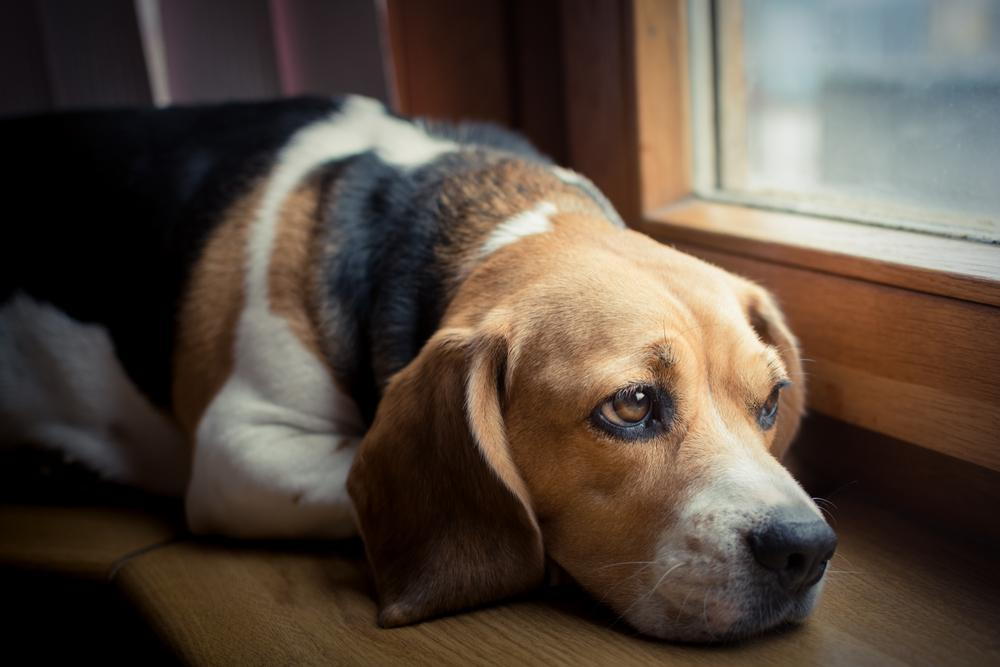
Toxic Ingestion
Cats and dogs don't understand that there are certain things that are toxic, and are very dangerous if ingested. Therefore, if you leave toxic items within your pet's reach, there is a chance that they will ingest them, not knowing how harmful they can be. Some of the most common pet toxins include:
- Plants (lilies, oleander, daffodils, lily of the valley, tulips, and poinsettia)
- Cleaning products (bleach, laundry detergent, bathroom cleaner, etc.)
- Toilet water treated with a cleaner
- Over the counter and prescription medication
- Veterinary medications in high quantities
- Human food (chocolate, grapes, onions, etc.)
- Pest control products
- Fertilizer
If your pet has ingested anything toxic, you will need to bring them to the emergency vet right away; therefore, it is essential that you can detect the signs of a toxic ingestion.
Gastrointestinal Symptoms
In the early stages of toxic ingestion, your pet will experience digestive problems, including:
- Vomiting
- Diarrhea
- Drooling
- Hyperventilation
- Loss of appetite
Internal Bleeding
In severe cases of poisonous ingestion, your pet can experience internal bleeding. Since this isn't something that you can see, you need to be able to recognize the symptoms. They include:
- Coughing up blood
- Vomiting blood
- White or pale gums
- Weakness
- Inability to stand
- Elevated heart rate
Kidney Failure
Many pet toxins can result in kidney failure. The symptoms to look for include:
- Vomiting
- Diarrhea
- Excessive thirst
- Increased or decreased urination
- Bad breath
- Loss of appetite
Liver Failure
In very severe cases of toxic ingestion, kidney failure is possible. The symptoms of liver failure include:
- Yellowed gums
- Low blood sugar which causes weakness or collapse
- Vomiting
- Diarrhea
- Black tarry stools
- Lethargy
- Abnormal behavior
If you suspect that your pet has eaten something toxic, or if they are showing any symptoms of toxic ingestion, it is essential that you bring them to The Village Vet in Baltimore immediately. The sooner you get your pet to our emergency vet, the better the chances are that they can be treated. Ingesting toxins can be deadly; therefore, they will need medical attention with our veterinarian immediately. To schedule an appointment with our emergency vet in Baltimore and nearby Mount Washington, give us a call today at (410) 367-8111.

